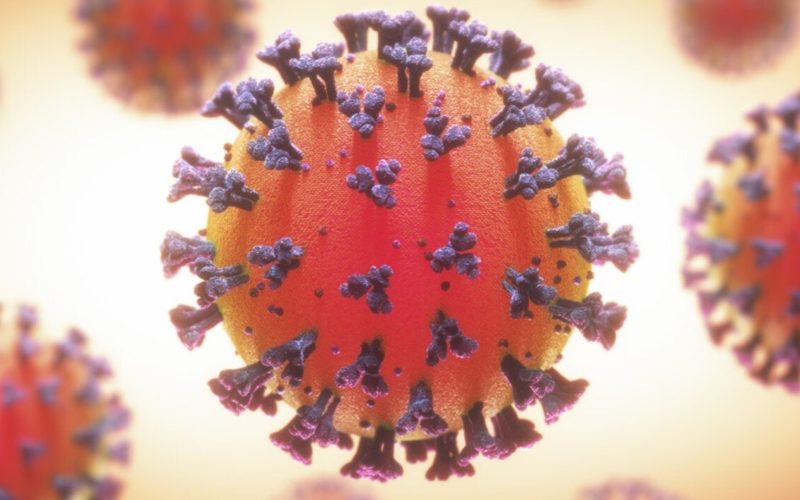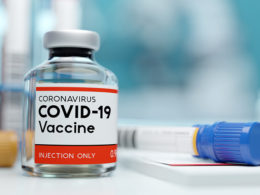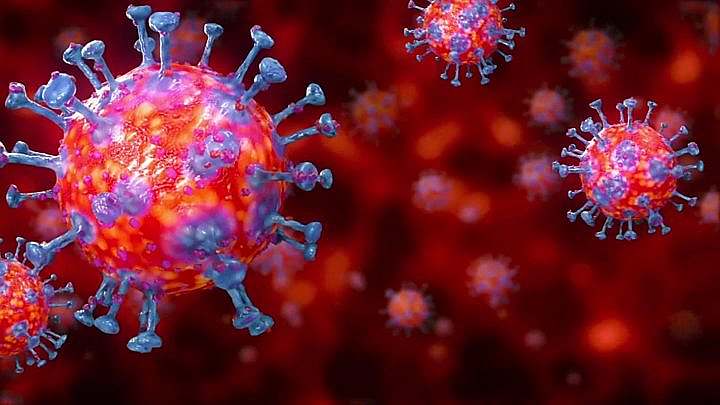As of July 2022, many studies involving hundreds of breastfeeding mothers and their children have been published. This strengthens the knowledge and certainties of how Covid-19 vaccines taken by mothers impact their infants.
The Health Desk Experts say no evidence has shown or suggested that Covid-19 vaccines taken by people who are breastfeeding have been harmful or posed any risk to the mother or infant.
“There have not been any cases of an infant dying or being severely injured due to a mother’s Covid-19 vaccination during breastfeeding in academic literature,” said the Experts.
They said very few women had traces of Messenger Ribonucleic Acid (MRNA) in their breast milk after vaccination.
“Trace mRNA has not shown to be associated with any risks or harms to infants. There have been some reports of discolouration of breast milk after vaccination, but this has not been shown by research to be harmful or to impact the milk quality.”
The Health Desk Experts said not only has research not found Covid-19 vaccination to be harmful to mothers or their infants when breastfeeding, but research also shows that antibodies from vaccination (and infection) which help protect against a Covid-19 infection in the body- are found in the breast milk of mothers and in their babies that they are breastfeeding.
“However, mothers who have been vaccinated should not assume that their breastfeeding infants have received the full benefits of vaccination. Infants should receive shots themselves when they are eligible in order to gain stronger protection against the virus.”
The Experts added that none of the three leading vaccine manufacturers (Pfizer, Moderna, and AstraZeneca) have reported data about the COVID-19 vaccine on knowingly pregnant or breastfeeding individuals. As a result, we have a limited understanding of how effective the three leading vaccines are for pregnant and breastfeeding people, and if there are specific risks.
Given this lack of data, some regulators and public health entities have not included pregnant people in their vaccine recommendations to the public with some specifically warning pregnant individuals against taking the vaccine. The WHO was one of these entities until Friday, January 29. Previously their guidance said that the vaccine was “currently not recommended” for pregnant women unless they are at high risk of exposure.
On December 13, the American College of Obstetricians and Gynecologists released a position paper advocating for the inclusion of pregnant women in vaccine rollouts and not waiting for further data collection. While the group advocates for obtaining informed consent from pregnant and lactating women receiving the vaccine, they feel the benefits of protection outweigh the risks. The U.S. Centers for Disease Control and Prevention (CDC), the American College of Obstetricians and Gynecologists (ACOG), and the Society for Maternal-Fetal Medicine support the use of new mRNA COVID-19 vaccines in pregnant and breastfeeding individuals when they become eligible for receiving the vaccine. As of January 26, 2021, the World Health Organization also supports pregnant and breastfeeding women receiving the Moderna mRNA vaccine if they choose.
Background
It is considered standard practice for vaccine and clinical trials to exclude pregnant and breastfeeding individuals, due to concerns that the parent and fetus may be at increased risk to what is being tested. This risk is in part due to the fact that pregnant people have different immune responses than their non-pregnant counterparts.
By excluding pregnant individuals in clinical trials, researchers are able to study the effects of a vaccine or drug on lower-risk individuals first, and once safety, efficacy, and ultimately effectiveness have been established, eventually we can test the safety, efficacy, and effectiveness on higher-risk individuals, such as people who are pregnant or breastfeeding. This practice has been increasingly criticized as exclusionary, particularly because of the fact that pregnant people are high-risk and could benefit significantly from a vaccine.
As of January 6, 2022, Zimbabwe’s position on Covid-19 Vaccination while pregnant and breastfeeding is permitted.









